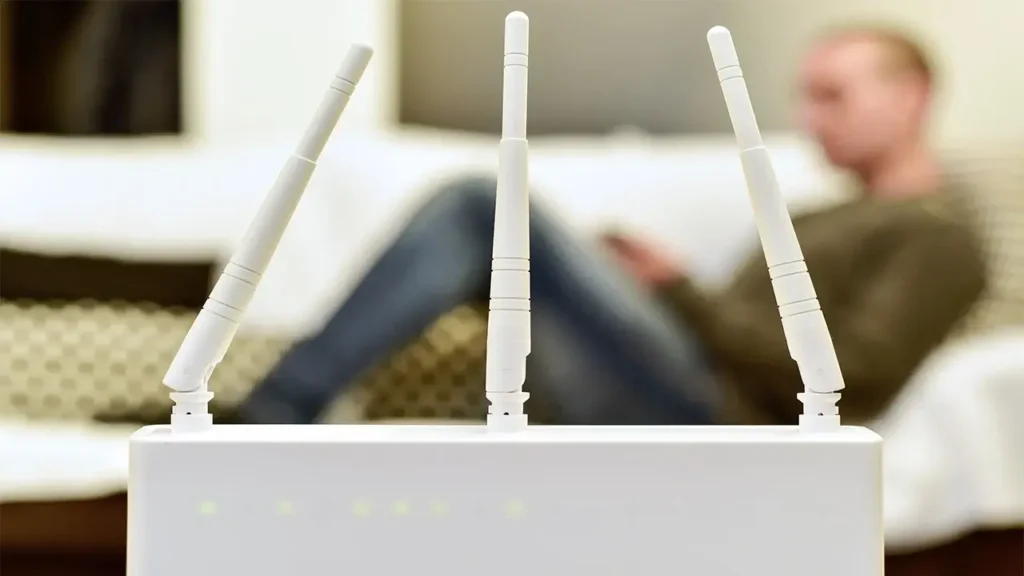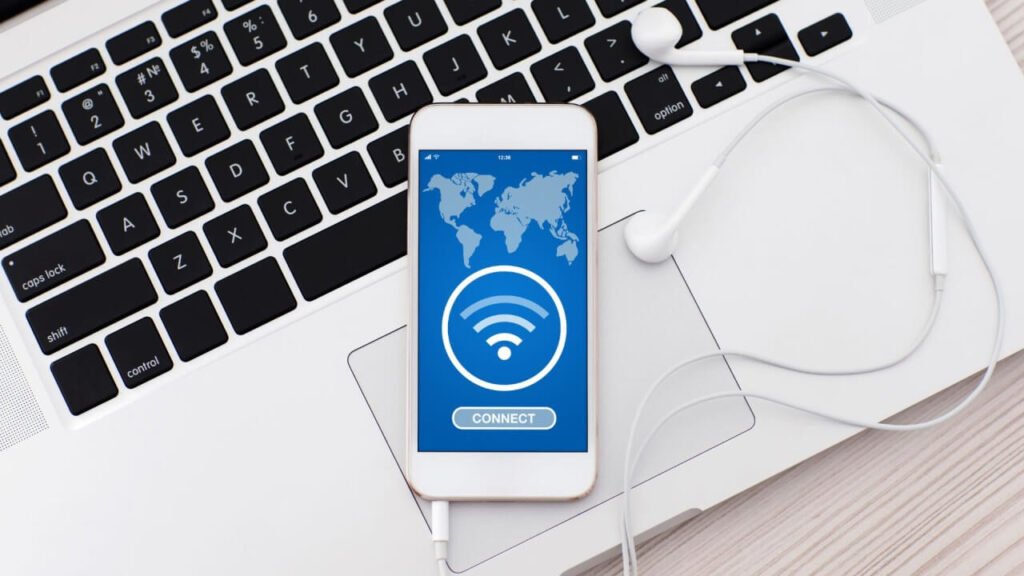GKGSinhindi.com Guide on How to Make Your Wifi Password Strong

the security of your Wi-Fi network is essential. A weak password can make your network vulnerable to hacking attempts, unauthorized access, and data theft. Creating a secure and robust password is one of the simplest yet most effective ways to safeguard your digital environment. This comprehensive guide from gkgsinhindi com will walk you through everything you need to know to make your Wifi Password Strong and protect your network from potential threats.
Why Is a Strong Wi-Fi Password Important?
A strong Wi-Fi password serves as the first line of defense against cyber threats. Here’s why it’s crucial:
- Prevents Unauthorized Access: Hackers often use brute force or dictionary attacks to gain access to networks. A weak password makes their job easier.
- Protects Personal Information: Sensitive data, such as banking credentials and private conversations, can be intercepted if your Wi-Fi isn’t secure.
- Avoids Bandwidth Theft: Unauthorized users can consume your bandwidth, leading to slower internet speeds for legitimate users.
- Mitigates Legal Risks: If someone uses your Wi-Fi for illegal activities, you may be held accountable.
By ensuring your Wifi Password Strong, you protect your data, bandwidth, and privacy.
Characteristics of a Strong Wi-Fi Password
A strong Wi-Fi password is a blend of complexity and uniqueness. Here are its key characteristics:
- Length: Passwords should be at least 12-16 characters long. Longer passwords are harder to crack.
- Combination of Characters: Use uppercase letters, lowercase letters, numbers, and special symbols.
- Example:
P@ssw0rd!2024#Secure
- Example:
- Randomness: Avoid predictable patterns or easily guessable words like “password123” or “admin”.
- Uniqueness: Do not reuse passwords across different accounts or devices.
- No Personal Information: Avoid using your name, birthdate, or any other personal details.
How to Create a Strong Wi-Fi Password

Here’s a step-by-step process to create a robust password:
1. Use a Password Generator
- Tools like LastPass, Dashlane, or Bitwarden can generate complex and random passwords for you.
- These tools ensure your Wifi Password Strong by creating unique combinations that are difficult to guess.
2. Incorporate Memorable Phrases
- Combine unrelated words or phrases for easier recall. For example,
Blue!Tiger$Rain98. - Use a mnemonic to remember it: “The blue tiger loves rain and was born in 1998.”
3. Avoid Common Password Pitfalls
- Do not use default passwords provided by your router. Change them immediately.
- Avoid predictable sequences like
123456,qwerty, orabcd1234.
4. Regularly Update Your Password
- Change your password every 6-12 months to enhance security.
- Ensure the new password differs significantly from the old one.
5. Enable Multi-Factor Authentication (MFA)
- If your router supports it, enable MFA for an added layer of security.
Steps to Change Your Wi-Fi Password
Follow these steps to change your Wi-Fi password and make it strong:
- Access Your Router Settings:
- Open a browser and enter your router’s IP address (usually
192.168.1.1or192.168.0.1). - Log in using your router’s credentials.
- Open a browser and enter your router’s IP address (usually
- Navigate to Wireless Settings:
- Look for the “Wireless” or “Wi-Fi” settings section.
- Change the Password:
- Enter a new password that adheres to the guidelines mentioned above.
- Save Changes and Reconnect Devices:
- Save your changes and reconnect all devices using the new password.
By following these steps, you can ensure your Wifi Password Strong and secure.
Additional Tips for Securing Your Wi-Fi Network
Creating a strong password is just one aspect of securing your Wi-Fi. Here are additional measures:
1. Enable WPA3 Encryption
- Use the latest Wi-Fi encryption standard, WPA3, for enhanced security.
- If WPA3 is unavailable, use WPA2.
2. Disable WPS
- Wi-Fi Protected Setup (WPS) can be exploited by attackers. Disable it in your router settings.
3. Hide Your SSID
- Prevent unauthorized access by hiding your network name (SSID).
4. Enable a Guest Network
- Create a separate network for guests to keep your primary network secure.
5. Monitor Connected Devices
- Regularly check your router’s admin panel for unknown devices connected to your network.
Common Myths About Wi-Fi Passwords

Myth 1: Short Passwords Are Secure if Complex
While complexity is important, length plays a more significant role in password security. A short password, no matter how complex, is easier to crack than a long password.
Myth 2: Default Router Passwords Are Safe
Default passwords are widely known and easily exploited. Always change them.
Myth 3: Passwords Never Need to Be Changed
Regularly updating your password is essential to stay ahead of potential threats.
Tools to Test Your Wi-Fi Password Strength
Here are some online tools to check if your Wifi Password Strong enough:
- NordPass Password Strength Checker
- Kaspersky Password Checker
- How Secure Is My Password
These tools analyze your password’s length, complexity, and predictability.
Consequences of a Weak Wi-Fi Password
Using a weak password can have severe consequences, such as:
- Data Theft: Cybercriminals can intercept and steal sensitive data.
- Device Compromise: Hackers can access connected devices like smart TVs or IoT devices.
- Slow Internet Speeds: Unauthorized users can drain your bandwidth.
- Legal Issues: Illegal activities conducted through your network can lead to legal trouble.
Frequently Asked Questions (FAQs)
Q1. How often should I update my Wi-Fi password?
It’s recommended to update your password every 6-12 months or immediately if you suspect unauthorized access.
Q2. Can I use the same password for all my devices?
While it’s tempting, using the same password across multiple platforms increases security risks. Keep your Wifi Password Strong and unique.
Q3. What if I forget my Wi-Fi password?
You can retrieve your password from the router settings or reset it by logging into the admin panel.
Conclusion
Securing your Wi-Fi network begins with creating a robust and reliable password. A Wifi Password Strong is not just a recommendation but a necessity in today’s digital age. By following the tips and strategies outlined in this guide, you can protect your network, devices, and personal data from unauthorized access and cyber threats.
For more insightful guides on technology, visit gkgsinhindi.com and empower yourself with the knowledge to stay secure online.



